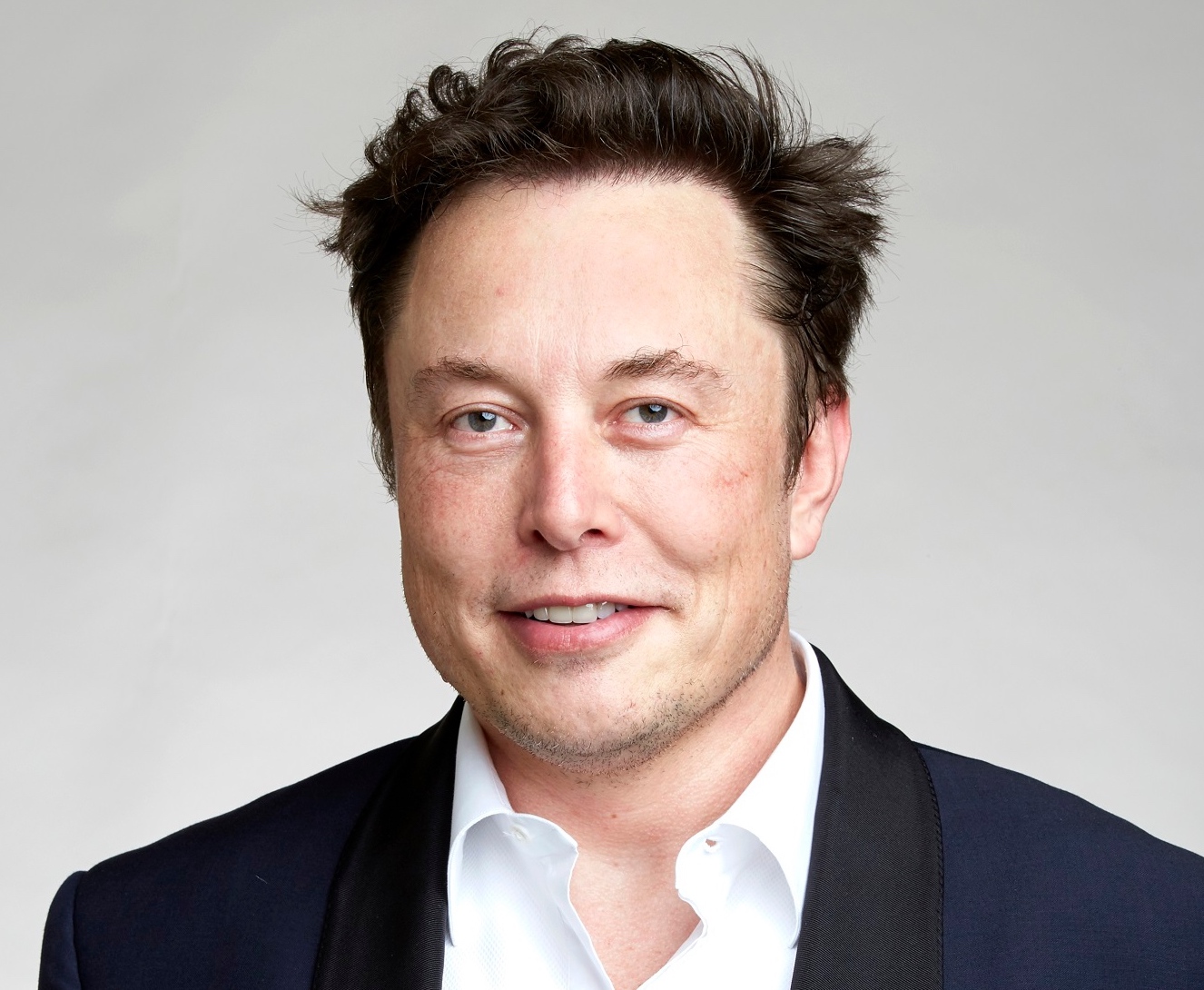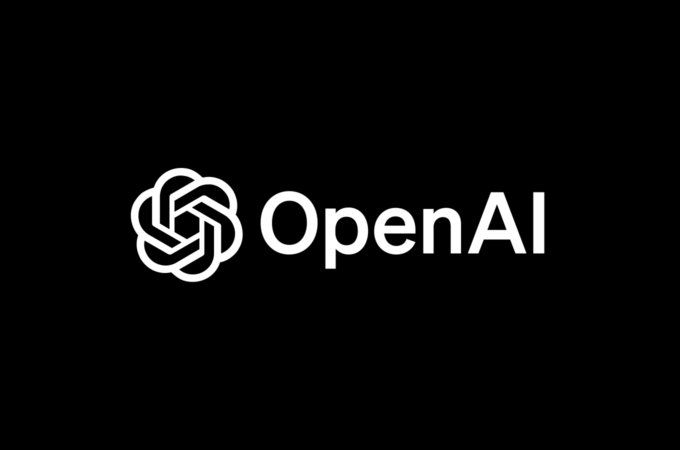
Elon Musk Reignites Legal Battle Against OpenAI, Alleging ‘Shakespearean’ Betrayal
Elon Musk has revived his lawsuit against OpenAI and its co-founders Sam Altman and Greg Brockman, escalating a long-standing feud over the artificial intelligence company’s direction. The Tesla CEO filed a new 83-page complaint in the U.S. District Court for the Northern District of California on Monday, August 5, 2024, alleging that OpenAI abandoned its founding principles in pursuit of profit.
The lawsuit, which Musk’s lawyer Marc Toberoff describes as “a much more forceful lawsuit” than the previous one withdrawn in June, accuses OpenAI of breaching its original mission to develop AI technology for the benefit of humanity. In a striking turn of phrase, the complaint states: “The perfidy and deceit are of Shakespearean proportions,” underscoring the dramatic nature of the alleged betrayal.
Musk claims he was “intentionally courted and deceived” by Altman and Brockman, who allegedly exploited his concerns about the existential risks posed by advanced AI. The lawsuit asserts that Musk was “betrayed by Mr. Altman and his accomplices,” framing the dispute in terms reminiscent of a tragic play.
At the core of Musk’s argument is the assertion that OpenAI’s partnership with Microsoft and shift towards a more commercial model violates the company’s founding principles. The complaint alleges that “In partnership with Microsoft, Altman established an opaque web of for-profit OpenAI affiliates, engaged in rampant self-dealing, seized OpenAI Inc.’s Board, and systematically drained the non-profit of its valuable technology and personnel.”
The lawsuit introduces new claims, including accusations that OpenAI engaged in racketeering activity. It seeks to invalidate OpenAI’s licensing agreement with Microsoft and establish a constructive trust over assets allegedly derived from Musk’s contributions to the company.
OpenAI has previously dismissed Musk’s allegations as “frivolous” and released emails suggesting Musk acknowledged early on that the company would need to generate substantial profits to fund its AI research. In response to the new lawsuit, OpenAI pointed to a company blog post about the original suit, stating, “Elon’s prior emails continue to speak for themselves.”
This legal battle exemplifies the tension between the need for vast resources to advance AI technology and the ethical imperative to ensure AI benefits humanity as a whole. It also raises questions about governance, accountability, and ethical development in the rapidly evolving field of artificial intelligence.
The case emerges amid increasing regulatory scrutiny of OpenAI, with the Federal Trade Commission investigating the company for potential consumer protection violations. As the legal drama unfolds, it promises to offer new insights into OpenAI’s early days and the competing visions for artificial intelligence that continue to shape one of the most consequential technological developments of our time.




